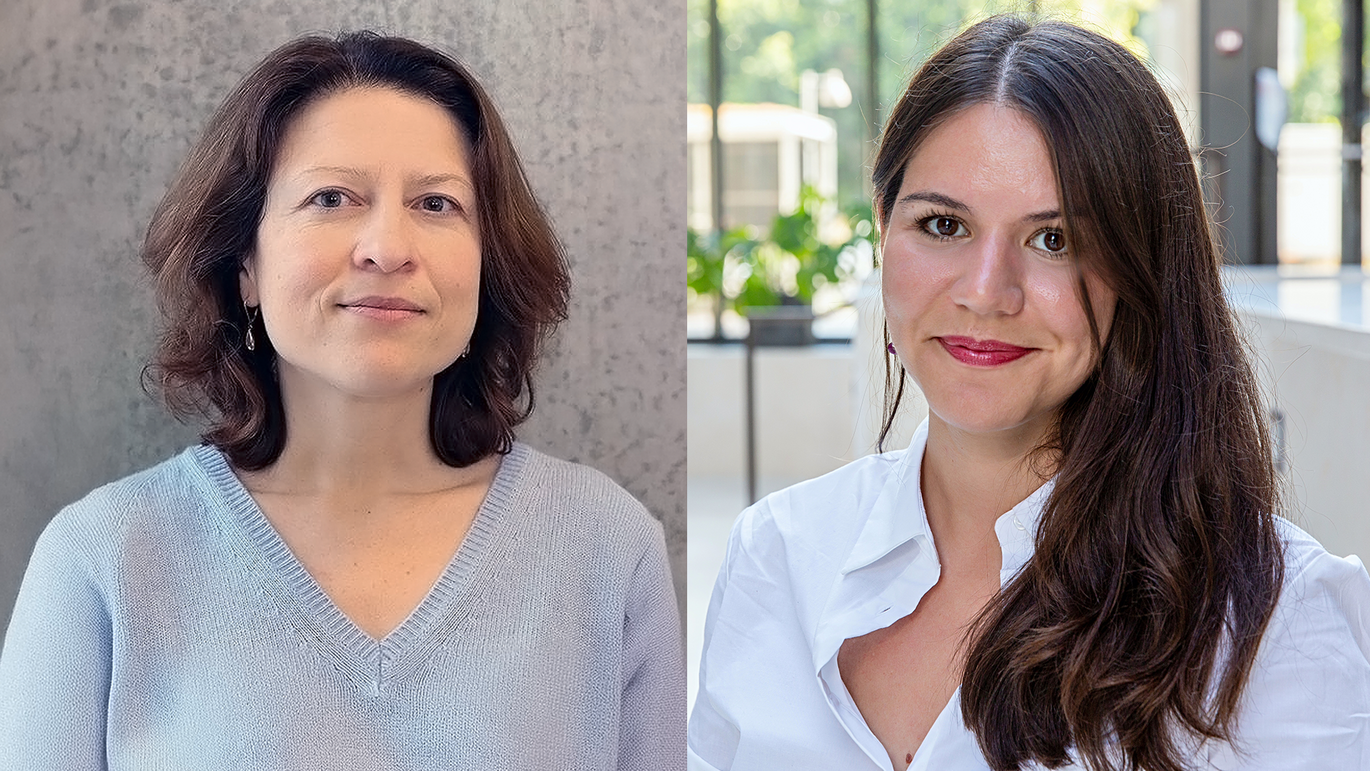Support for cancer and dementia research: talented researchers receive new grants
The Independent Research Fund Denmark (Danmarks Frie Forskningsfond) has recently awarded over 85 million kroner to a group of talented early-career researchers. Two researchers from Health are among the recipients.

Backed by grants from the Independent Research Fund Denmark's Inge Lehmann Program, the two Health researchers have the opportunity to delve deeply into their own innovative ideas while also enhancing their career prospects in the field of research.
Here are Health's two recipients:
Associate Professor Maria Rusan from the Department of Clinical Medicine and the Department of Molecular Medicine at Aarhus University Hospital receives 2,192,106 DKK for the project: 'Leveraging synthetic lethality between PARP and transcriptional CDK-inhibitors in head and neck squamous cell carcinoma'.
Maria Rusan is researching ways to improve the treatment of certain types of cancer by combining two types of medications. One of these, known as PARP inhibitors, helps prevent cancer cells from repairing themselves. However, some cancer cells quickly develop resistance to this treatment.
To address this, Maria Rusan is investigating whether resistance can be prevented by combining PARP inhibitors with another type of medication that suppresses cancer cells' "transcriptional machinery" - the cells ability to copy and utilize their DNA.
Her focus is primarily on head and neck cancer, but the findings have the potential to be applied to other cancer types.
Assistant Professor Marta Diaz del Castillo from the Department of Forensic Medicine receives 3,168,000 DKK for the project: "The Aging Bone-Brain Axis (ABBA)."
Marta Diaz del Castillo is studying how bones and the brain communicate with each other and how this connection changes with age.
Bones play a vital role in storing nutrients and minerals and send signals to the body. One such signal comes from a molecule called sclerostin, which inhibits bone formation. As we age, the body produces more sclerostin, leading not only to weaker bones but also potentially contributing to the development of dementia.
Sclerostin affects the brain by damaging nerve cells and immune cells, leading to cognitive issues in the early stages of dementia. Marta Diaz del Castillo aims to determine whether bone medications currently used to treat osteoporosis could also protect the brain and slow the progression of dementia.
Contact
Associate Professor Maria Rusan
Aarhus University, Department of Clinical Medicine and
Aarhus University Hospital, Molecular Medicine Section (MOMA)
Email: maria.rusan@clin.au.dk
Assistant Professor Marta Diaz del Castillo
Aarhus University, Department of Forensic Medicine
Email: marta@forens.au.dk